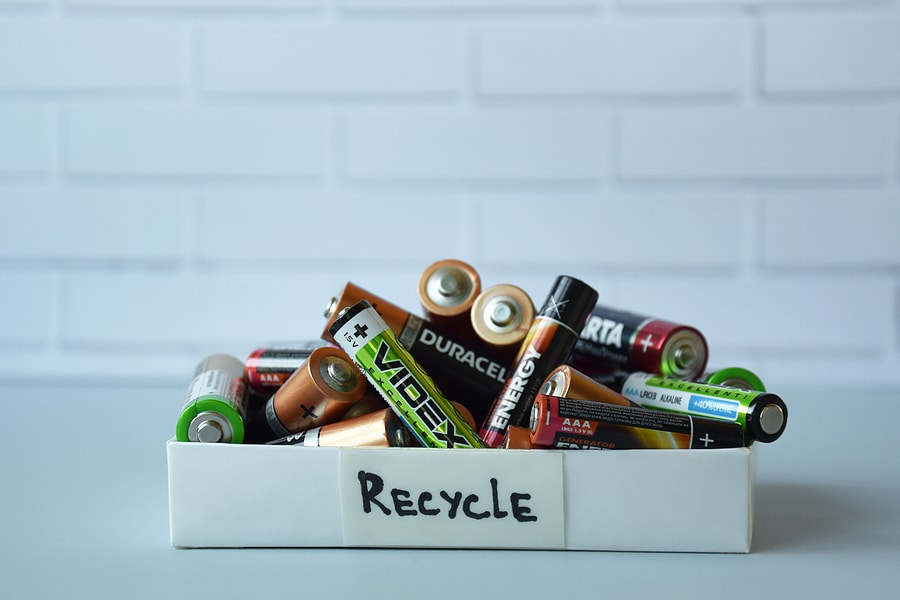The Environmental Impact of Improper Battery

These days, the world runs on batteries. But once these batteries wear out, they pose a threat to the environment.
When you toss a battery in the trash, its contents don’t stay confined to your local landfill. The chemical components can contaminate the surrounding ecosystem and pose a potential environmental hazard.
Groundwater Contamination
When batteries corrode, their chemicals escape and soak into the soil. As a result, they can contaminate groundwater and surface water. As a result, the plants and animals that ordinarily thrive in aquatic environments are unable to survive.
Even if wildlife isn’t directly harmed, leaking battery acid can alter the pH of the water in the soil, which can disrupt the balance of aquatic ecosystems.
Fire Hazards
Lithium-ion batteries are surprisingly unstable. They can cause landfill fires that can be difficult to extinguish, sometimes smoldering for years. This naturally poses an additional risk of secondary fires or other hazards.
The smoke that rises from these fires only accelerates air pollution and can also cause harmful agents to spread to nearby communities.
Air Contamination
If a battery is involved in a fire, its interior chemicals can become vaporized. This poses an immediate health hazard to animals or humans in the vicinity, making breathing difficult.
But these vapors can also become trapped in the atmosphere, contributing to global warming or coming back to earth in the form of acid rain. The latter can cause additional pollution of lakes and streams, harming aquatic life or contaminating the water source of other animals.
Carcinogens
Batteries typically leak corrosive acids that can cause immediate irritation and burns. They can also leak metals such as nickel and cadmium, both of which are known to be human carcinogens. Humans can develop cancer and other serious diseases if these substances contaminate the air or drinking water.
Other compounds, such as lead, have been linked to neurological disorders. In some cases, these substances can also cause expectant mothers to pass along congenital disabilities to their children.
Consumption of Natural Resources
What’s more, improper battery disposal puts a strain on the earth’s natural resources.
When batteries aren’t recycled, manufacturers must obtain these materials all over again. Some of these materials can be difficult to extract, leading to more pollution and energy consumption from strip mining operations.
And when compounds like lithium or cobalt come from countries with little regulatory oversight, there’s an even greater danger that these mining operations could leach toxic elements into the water, air, or soil.
How Battery Recycling Is the Answer
Battery recycling programs eliminate the potential hazards described here and allow for the reuse of essential materials to minimize environmental impact.
In North Dakota and South Dakota, it’s illegal to dispose of batteries in a landfill. Thankfully, battery recycling providers like SEAM are here to fill the gap.
SEAM can handle alkaline, lead, lead-acid, lithium-ion, mercury, and many other types of batteries for businesses in the area. If you’re in doubt about the safe storage or disposal of your batteries, contact the experts at SEAM today.
SEAM provides IT recycling and data destruction services including onsite shredding and hard drive wiping to South Dakota, North Dakota, Minnesota, Iowa, and Nebraska.
Schedule a pickup or contact us for more information.





